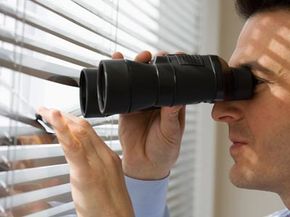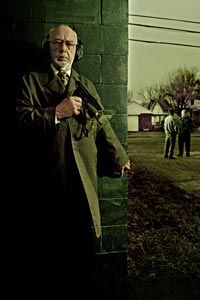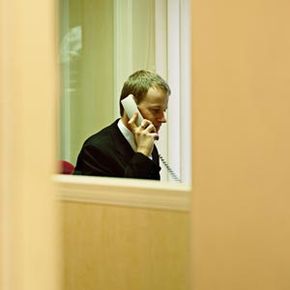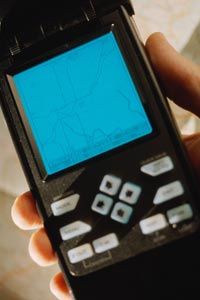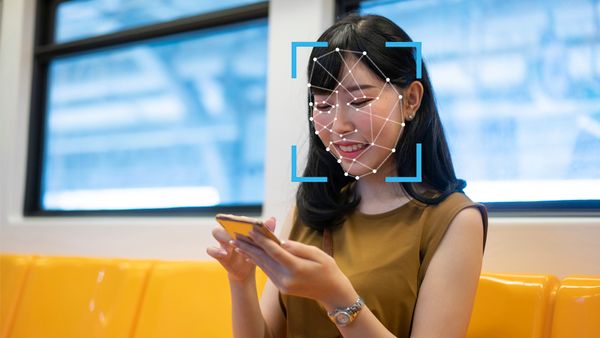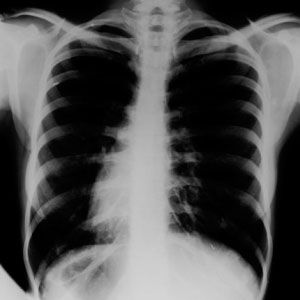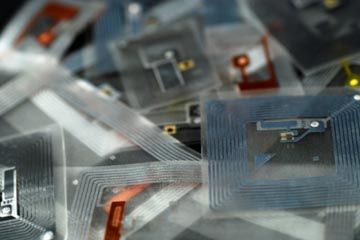Ever since the paranoid, secrecy-obsessed years of the Cold War between the United States and the former Soviet Union, the public's fascination with the shadowy, dangerous lives of spies has remained strong, even though that era technically ended in the late 1980s and early 1990s.
Ian Fleming published his famous James Bond novels in the middle of the 20th century, and Sean Connery first starred as 007 in 1962 in "Dr. No," officially sparking the spy craze. But moviegoers continue to flock to Bond films well into the 21st century, and other espionage-related films, including the Jason Bourne series, perform well at the box office.
Advertisement
Of course, there's a lot to appeal to movie audiences -- the international intrigue, the suspense, the action. But one of the main draws to these films, especially the Bond flicks, is the assortment of high-tech spy equipment the main character uses to thwart his enemies. Whether simple and realistic or ridiculous and over the top, these gadgets excite audiences and create desire for many to own the same gear for themselves. Spy gadgets seem to feed into our desire to know what's going on behind the scenes, and for many years they weren't much more than props in the movies.
Now, however, as technology improves and the curiosity for these gadgets continues to grow, spy gear meant for home security and surveillance has become a reality. Some companies are taking spy gear once associated with top secret government projects and law enforcement and adapting it for the public. People concerned about break-ins, suspicious activities or other citizens spying on them can search online for any number of security cameras, listening devices, tracking devices and countersurveillance equipment.
Advertisement
